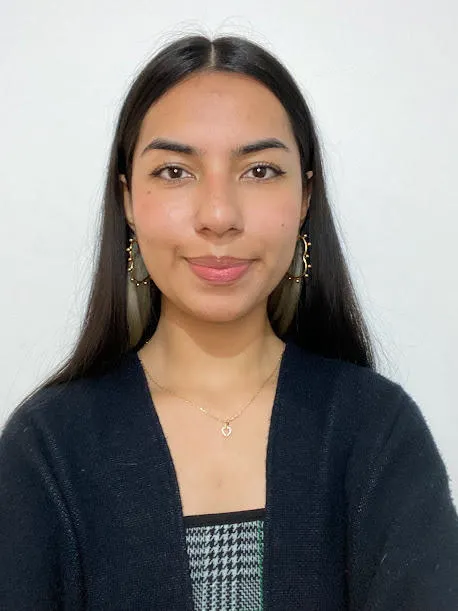Our Addiction course is designed for students and professionals interested in the conceptualisation, treatment and prevention of addictive behaviours. It provides a widely recognised qualification with an integrated multi-disciplinary teaching and learning approach to the problems of use, dependence on alcohol, nicotine and other psychoactive drugs, and other addictive behaviours.
Our course recognises that its students come from a variety of backgrounds with the goal of extending their theoretical knowledge and practical skills beyond those related to the subjects that they studied at undergraduate level. For example, a nurse or youth counsellor may wish to increase their knowledge of policy or psychopharmacology, while psychology graduates may wish to increase their knowledge and familiarity with treatment options.
It is for this reason that our course starts with introductory modules that ensure all students, regardless of their background, have a basic understanding of the core concepts that underlie the clinical, scientific and public health aspects of addiction before they embark on individual research and a more rigorous exploration of these areas. The purpose of the course is therefore to equip graduates, clinicians and others for the next stage of their career within the field of addictions.



